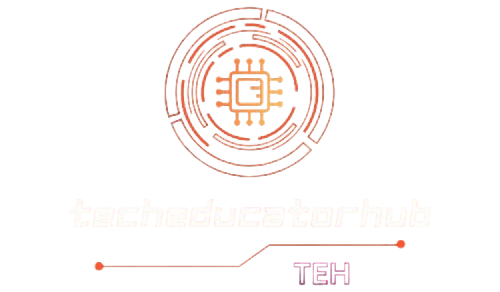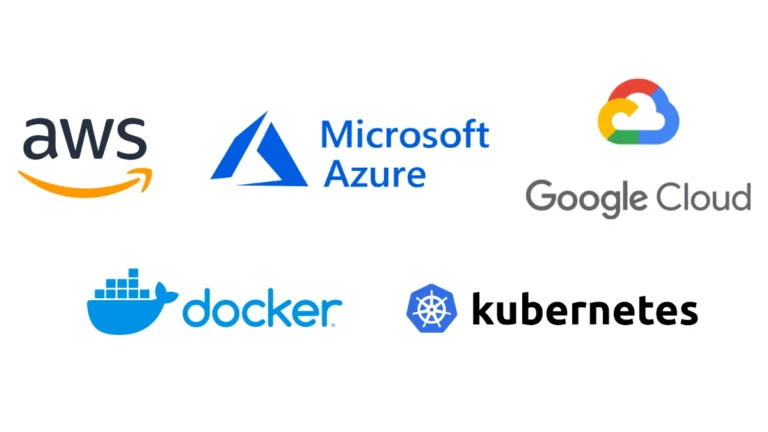DevOps Jobs Are Booming: Here’s Why You Should Learn It Now
In 2025, any prospective tech professional should ask themselves why learning DevOps and related tools, such as Linux, Git, Docker, Kubernetes, Terraform,…
In 2025, any prospective tech professional should ask themselves why learning DevOps and related tools, such as Linux, Git, Docker, Kubernetes, Terraform, and Jenkins, is so important. We all know that DevOps jobs are booming. But why? So in this blog we are going to learn why DevOps jobs are booming and what the future of DevOps is. In this digital transformation era, knowing DevOps and related tools such as Linux, Git, Docker, Kubernetes, Terraform, and Jenkins, along with Cloud, cannot be overemphasized.From startups to SMEs to huge corporations, enterprises are looking for solutions to streamline development, enhance operations, and deploy faster and faster. It seems quite difficult, but thanks to DevOps, everything is now achievable. So, without further ado, let’s understand why learning DevOps, which consists of a plethora of tools such as Linux (which is obviously an operating system), Git, Docker, Kubernetes, Terraform, and Jenkins, is pivotal and, together, how they help you boost up your career.
What is DevOps?
DevOps is an approach and set of practices that automate and integrate software development and IT operations activities. The goal is to provide software that is faster, less error-prone, and more reliable.
Essential DevOps Tools to Learn.
Linux
As all of you know, Linux is the foundation for most servers and cloud platforms. Every DevOps engineer must be skilled with Linux commands, shell scripting, and server management.
Git
Nowadays, modern programming relies heavily on version control, i.e., Git. Git enables teams to work together, track code modifications, and manage numerous versions efficiently. Its GUI is also available in the form of GitHub.
Docker
Shifting developers’ code from his or her laptop to a testing environment to production is always a difficult task for developers due to differences in OS, underlying libraries, configuration, etc. But Docker solved this issue using containers. It facilitates application deployment by encapsulating code and dependencies into one or multiple containers that maintain consistency across environments.
Kubernetes
As we know, Docker containers package applications and, at the same time, running and managing containers at a large scale across multiple machines. So, being a developer, it’s very difficult to cope with scaling, load balancing, and smooth deployment. Now here Kubernetes comes into the picture. It is a container orchestration solution for not only automating container deployment but also for scalability and administration. Actually, what Kubernetes does is group containers into logical units. Furthermore, it also manages their lifecycle across a cluster of machines.
Terraform:
Traditionally we configure cloud or on-premises servers, databases, and networks all by ourselves, which is definitely a complex and hectic task. Terraform is a game changer for DevOps engineers as it provides easy solutions for managing cloud resources with the help of simple configuration files, i.e., HCL and JSON. Infrastructure as Code is an important element of DevOps, and for that purpose we have some native cloud services as well, like AWS CloudFormation, Azure Resource Manager, and Google Cloud Deployment Manager, but Terraform is the one that leads the market and is widely used in the industry.
Jenkins
Many of you don’t know that we also have a software development life cycle, which comprises repetitive tasks. For instance, code compilation, testing, packaging applications, and deploying. Performing all these repetitive tasks again and again is indeed inefficient and time-consuming, so in order to counter this, Jenkins comes into place. Actually, it’s an open-source automation server whose main purpose is to make sure CI/CD (Continuous Integration/Continuous Deployment) Jenkins creates a pipeline for tasks such as building, testing, and deployment. For the purpose of CI/CD, we also have alternatives like GitHub Actions and GitLab, but Jenkins always remains the number one choice.
Market Demand for DevOps Engineers
We already discussed technical aspects of DevOps; now let’s discuss the demand for DevOps engineers in the market. No doubt the demand is expanding at an exceptional rate worldwide, particularly in places likeUnited States: As per LinkedIn and Glassdoor, DevOps is one of the most in-demand tech jobs. The typical annual pay ranges from $110,000 to $150,000.Middle East: As the adoption of cloud computing increases, firms in the UAE, Qatar, and Bahrain are eagerly looking for skilled DevOps personnel.Saudi Arabia: Vision 2030 has expedited digital transformation in the kingdom, resulting in a high need for DevOps and cloud engineers. Salaries vary from SAR 18,000 to SAR 30,000 per month, based on experience.
Why You Should Learn DevOps in 2025
- High-paying jobs and stable work possibilities.
- A vital component in modern software development.
- In-demand skill set internationally.
- Flexibility to operate across diverse industries (e.g., FinTech, E-commerce, Healthcare)
- Remote job possibilities and freelance projects
Ready to Begin Your DevOps Journey?
Now I hope all of you understand the importance of DevOps engineers and cloud, so if you’re interested in learning these tools and want to become a skilled DevOps engineer, along with cloud services, enroll in our course by registering through this link:
We not only teach these technologies, but we also provide realistic, hands-on practice labs that are linked with real-world industry standards, ensuring that you understand exactly what employers require. This hands-on experience will prepare you to face real-world DevOps difficulties and confidently manage infrastructure.
For more information, see our course website.
Don’t miss out on the opportunity to launch your tech career with an early bird discount till May 4th, 2025.
Conclusion
DevOps will be compulsory rather than optional by 2025. Now it’s time for you to decide whether you’re a beginner or a software enthusiast; learning tools like Linux, Git, Docker, Kubernetes, Terraform, and Jenkins will help you boost your career. So don’t delay—invest in your future today. Thank you.
DevOps #CloudComputing #TechJobs #CareerGrowth #DigitalTransformation #DevOpsEngineer #DevOpsTraining #LearnDevOps #DevOpsTool



